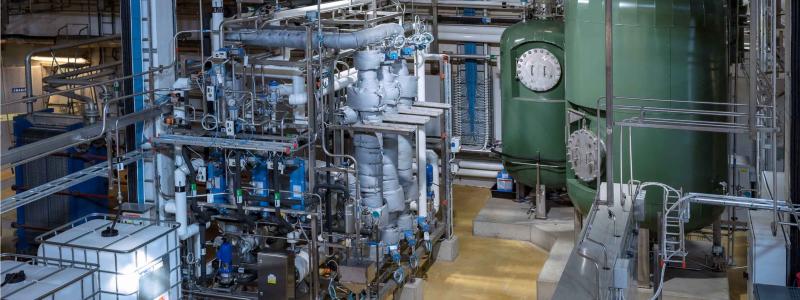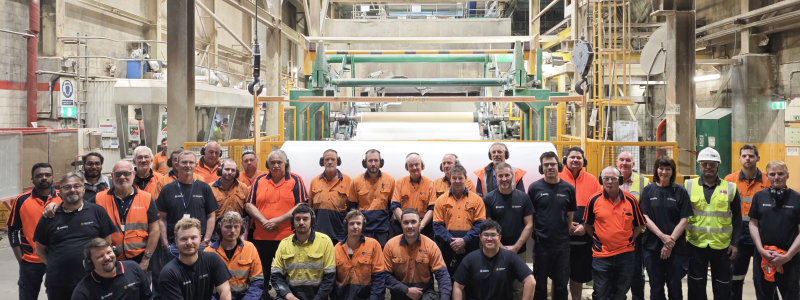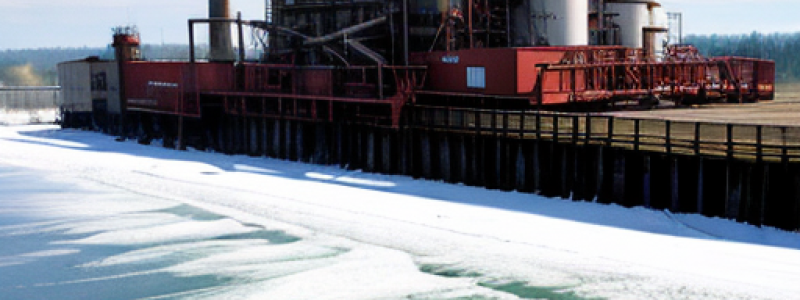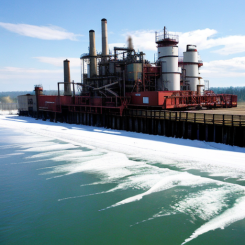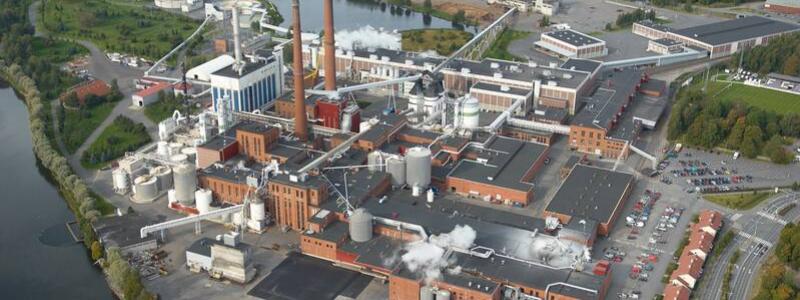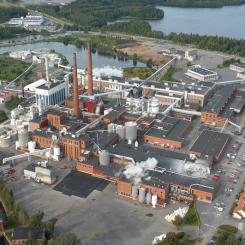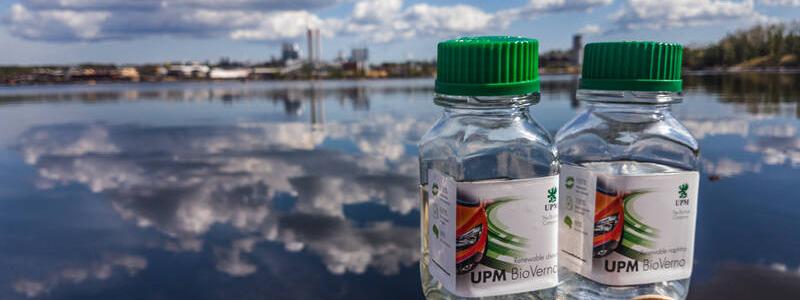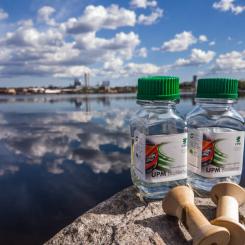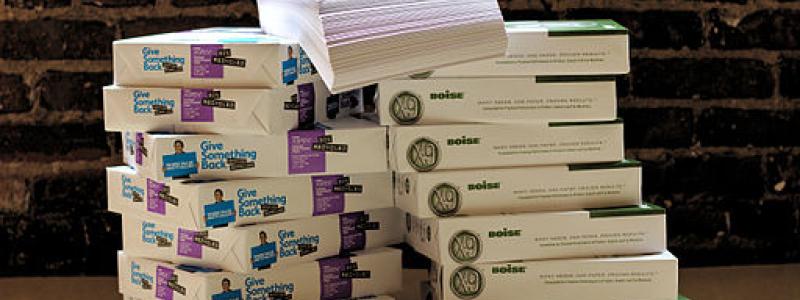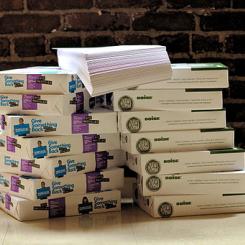Asia Pulp & Paper (APP) has demonstrated its commitment towards safeguarding the world’s forests and help tackle climate change by signing New York Declaration on Forests at UN Climate Summit 2014.
Aida Greenbury, Managing Director, APP, said, “We have shown through our own Zero Deforestation policies that ambitious targets to protect the world’s remaining forests can be agreed, implemented and achieved by companies operating in emerging economies. Our view is that wherever a company is involved in the forest supply chain, they should be implementing these policies immediately. There is no time to waste.”
The New York Declaration on Forests is an important milestone in the journey to the UNFCCC COP 21 meeting in Paris in December 2015. The declaration was formalised at an event hosted by UN Secretary General, Ban Ki-moon.
All signatories of the declaration will work together to reduce emissions by 4.5 - 8.8 billion tons per year by 2030. At least halve the rate of loss of natural forests globally by 2020 and strive to end natural forest loss by 2030. And, restore 150 million hectares of degraded landscapes and forestlands by 2020 and significantly increase the rate of global restoration thereafter, which would restore at least an additional 200 million hectares by 2030.
Teguh Ganda Wijaya, Chairman, APP, said, “United Nations Secretary-General Ban Ki-moon has done the planet and some of its most critical ecosystems a great service in convening this ground-breaking meeting of governments, global business leaders and NGOs. Business can take the lead in delivering these commitments, but we must work closely with all stakeholders including governments and NGOs to truly tackle deforestation and climate change. One of the most effective ways to do this is by conserving forest, planting trees, and protecting the natural forest that surrounds.”
He added, “We at APP also believe that forest-based products can help in this regard because they retain carbon, are recyclable and, when sourced from responsibly managed plantations, are often more sustainable than the alternatives."





